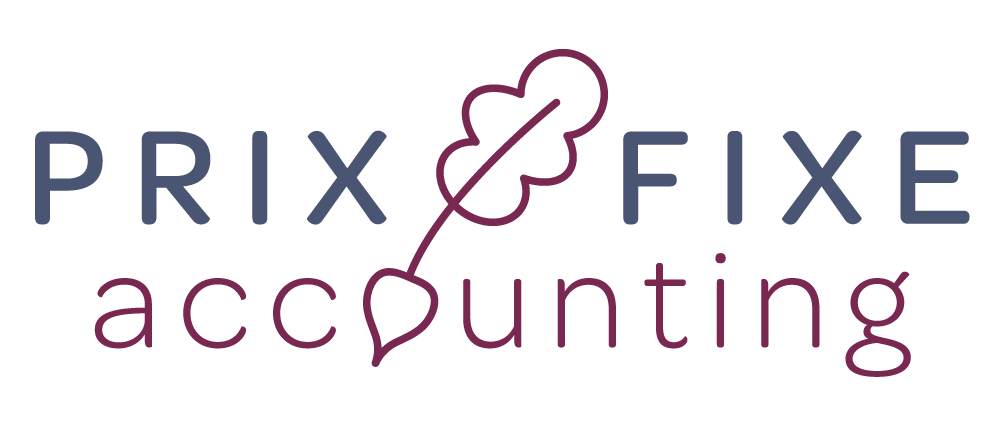Are you unsure of how to record your PPP Loan in Quickbooks? Continue reading to discover our step-by-step guide to making an effective PPP Loan Tracking Spreadsheet.
Well, if there is one truth to this whole CARES act, it's that there is no shortage of confusion. One question is “how do I account for these PPP funds?” Well, to be honest, no one really knows for sure (another thing there is no shortage of); the IRS and AICPA have not issued any advice on how to deal with it. So, we’ve been asking tax preparers about recording these transactions to the best of our ability, so that CPA’s and EA’s can file your taxes quickly and accurately at the end of what is shaping up to be a very, very long year.
Many thanks to Jacob Schroeder at Ascend Consulting, Paul Glantz at Launch Consulting, and Beth Melcher at MoneyFit for their input!
One thing that is clear, is that the funds received should be considered a loan until the point of forgiveness. You will have to hit the balance sheet, and then wait for the 8 weeks to end before dealing with the final accounting of the PPP. It doesn’t make sense to apply expenses to seperate accounts, because, at the end of the day, you are just creating more work for yourself and your accountant, and it doesn’t make the reporting process any easier. If you want to track everything in QBO, take a look at classes, or the bank account method. Thus, we highly recommend utilizing a PPP Loan Tracking Spreadsheet.
STEP-BY-STEP
Create a new account as a Long Term Liability called “SBA Loan”
Record the initial deposit to the “SBA Loan” account adding a balance to the loan.
Covered expenses should be allocated to their normal expense accounts, but all covered expenses should be recorded in our spreadsheet here.
Additionally, if you have Quickbooks Online Plus, you can add a ‘class’ called PPP and tag expenses to it. The idea would be that you can run a profit and loss by class report at the end of the loan spend period to easily find your PPP. For now - even if the item “belongs” on the balance sheet - such as a payroll accrual - book the expense to the profit and loss until after you have completed the forgiveness analysis.
Once the 8-week period of the PPP has been completed, the bank will begin the certification process to validate the expenses that are forgivable. At the end of this process, they’ll provide you with a forgivable amount.
Create an account as Other Income called “SBA Loan Forgiveness Income”
Subtract the forgivable amount from the loan total, which will leave you with the remaining loan balance.
SBA Loan-Forgiveness=Loan Balance to be Amortized
Create a journal entry debiting the SBA Loan account and crediting the Loan Forgiveness Income account.
Credit the forgivable amount as SBA Loan Forgiveness Income.
Attach the forgiveness document from the bank to the journal entry.
At the end of this, you also might want to create a loan amortization spreadsheet to plan out what your payment schedule looks like. It also appears to be that the PPP loan does accrue interest from the origination date, even though you don’t have to start making payments for six months.
This is all really overwhelming, we know. If you need help understanding how all of these works, and you are a restaurant, we are offering an hour of our time, free of charge. No strings attached. You can book a time here.


